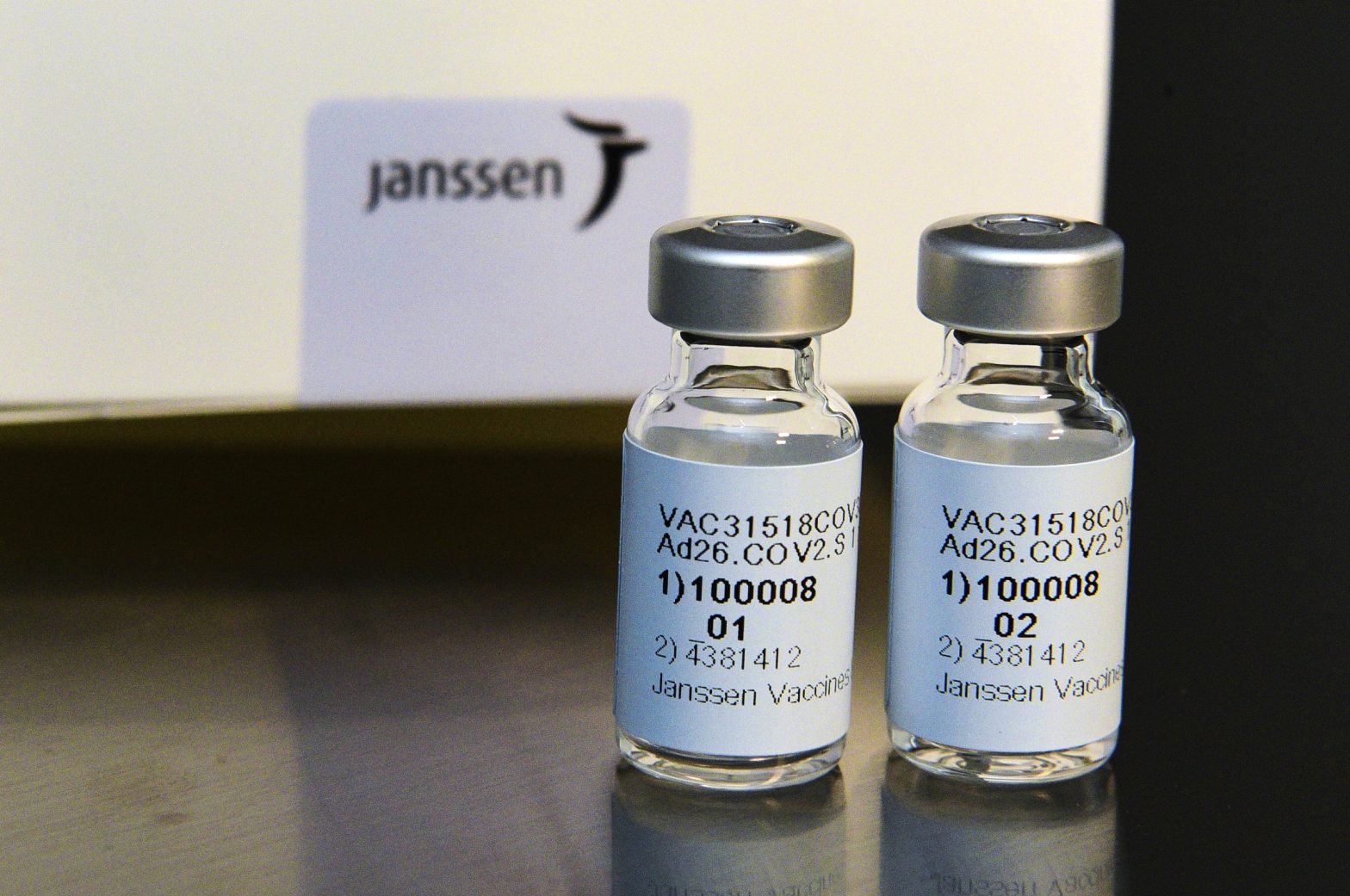Johnson & Johnson 1-dose Shot Prevents COVID-19, But Less Than Some Others

Johnson & Johnson’s long-awaited vaccine appears to protect against COVID-19 with just one shot – not as strong as some two-shot rivals but still potentially helpful for a world in dire need of more doses.
J&J said Friday that in the U.S. and seven other countries, the single-shot vaccine was 66% effective overall at preventing moderate to severe illness, and much more protective — 85% — against the most serious symptoms.
There was some geographic variation. The vaccine worked better in the U.S. — 72% effective against moderate to severe COVID-19 – compared to 57% in South Africa, where it was up against an easier-to-spread mutated virus.
“Gambling on one dose was certainly worthwhile,” Dr. Mathai Mammen, global research chief for J&J’s Janssen Pharmaceutical unit, told The Associated Press.
With vaccinations off to a rocky start globally, experts had been counting on a one-dose vaccine that would stretch scarce supplies and avoid the logistics nightmare of getting people to return for boosters.
But with some other competing vaccines shown to be 95% effective after two doses, at question is whether somewhat less protection is an acceptable tradeoff to get more shots in arms quickly.
The company said within a week, it will file an application for emergency use in the U.S., and then abroad. It expects to supply 100 million doses to the U.S. by June, and expects to have some ready to ship as soon as authorities give the green light.
These are preliminary findings from a study of 44,000 volunteers that isn’t completed yet. Researchers tracked illnesses starting 28 days after vaccination – about the time when, if participants were getting a two-dose variety instead, they would have needed another shot.
After day 28, no one who got vaccinated needed hospitalization or died regardless of whether they were exposed to “regular COVID or these particularly nasty variants,” Mammen said. When the vaccinated did become infected, they had a milder illness.
Defeating the scourge that has killed more than 2 million people worldwide will require vaccinating billions, and the shots being rolled out in different countries so far all require two doses a few weeks apart for full protection. Early data is mixed on exactly how well all the different kinds work, but shots made by Pfizer and Moderna appear to be about 95% protective after the second dose.
But amid shortages, some countries have advised delaying the second dose of certain vaccines with little data on how that would affect protection.
All COVID-19 vaccines train the body to recognize the new coronavirus, usually by spotting the spikey protein that coats it. But they’re made in very different ways.
J&J’s shot uses a cold virus like a Trojan horse to carry the spike gene into the body, where cells make harmless copies of the protein to prime the immune system in case the real virus comes along.
Rival AstraZeneca makes a similar cold virus vaccine that requires two doses. Both the AstraZeneca and J&J vaccines can be stored in a refrigerator, making them easier to ship and to use in developing countries than the frozen kind made by Pfizer and Moderna.
It’s not clear exactly how well the AstraZeneca version, being used in Britain and several other countries, works. Tests in Britain, South Africa and Brazil suggested two doses are about 70% effective although there are questions about how much protection older adults get. An ongoing U.S. study may provide more information.
J&J said its vaccine works consistently in a broad range of people: A third of participants were over age 60, and more than 40% had other illnesses putting them at risk of severe COVID-19, including obesity, diabetes and HIV.
J&J said the vaccine is safe, with reactions similar to other COVID-19 shots such as fever that occur when the immune system is revved up.
While it released few details, the company said there were no serious allergic reactions. But occasionally other COVID-19 vaccines trigger such reactions, which can be reversed if promptly treated – and authorities have warned people to be on the lookout regardless of which type of vaccine is used.
J&J had hedged its bets with a study of a two-dose version of its vaccine, which is still underway.
Friday’s interim results come on the heels of another vaccine in final testing. Novavax reported this week that its vaccine appears 89% effective in a U.K. study and that it also seems to work — though not as well — against new mutated versions of the virus circulating in Britain and South Africa. A larger study in the U.S. and Mexico is still enrolling volunteers.
___
The Associated Press Health and Science Department receives support from the Howard Hughes Medical Institute’s Department of Science Education. The AP is solely responsible for all content.
























